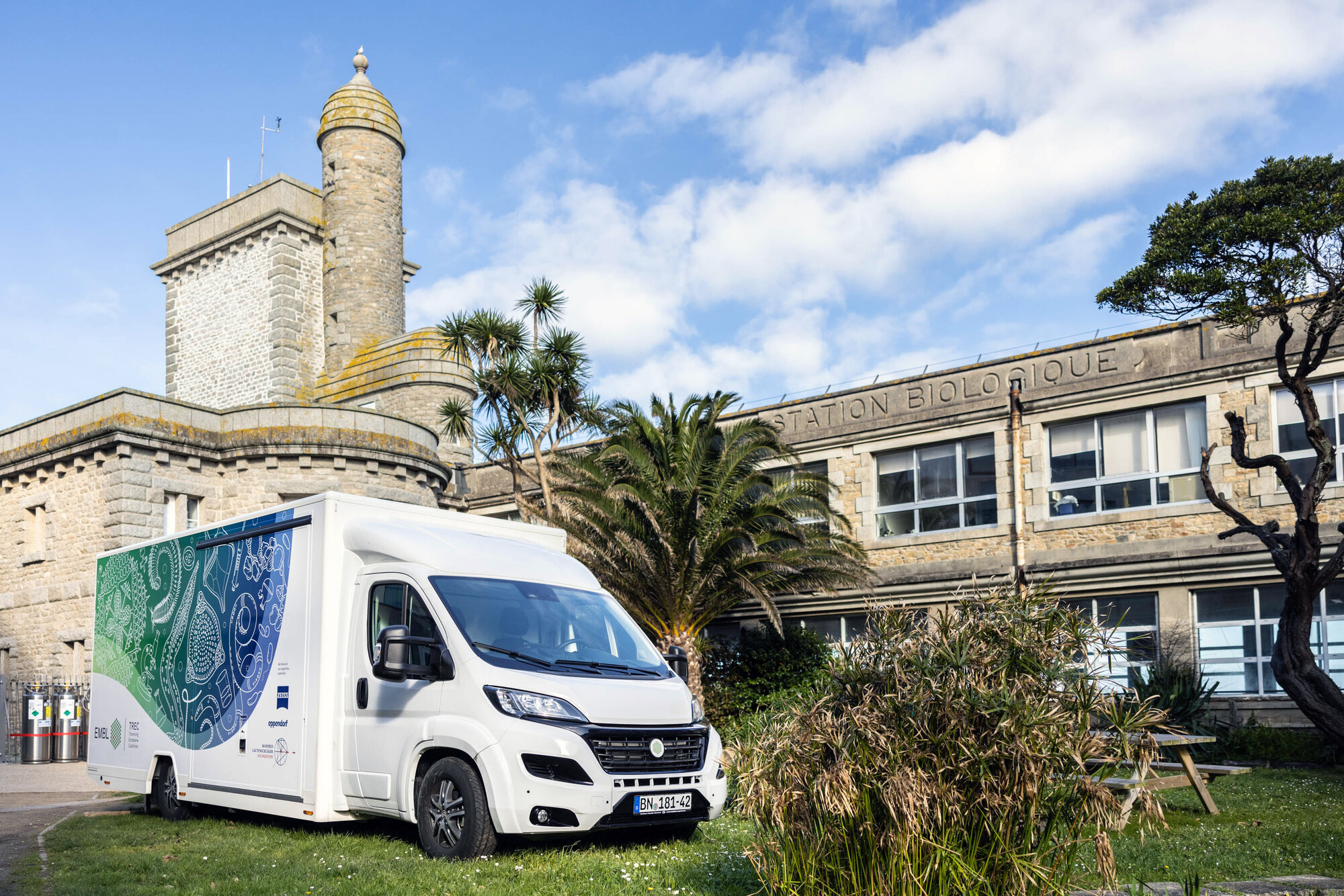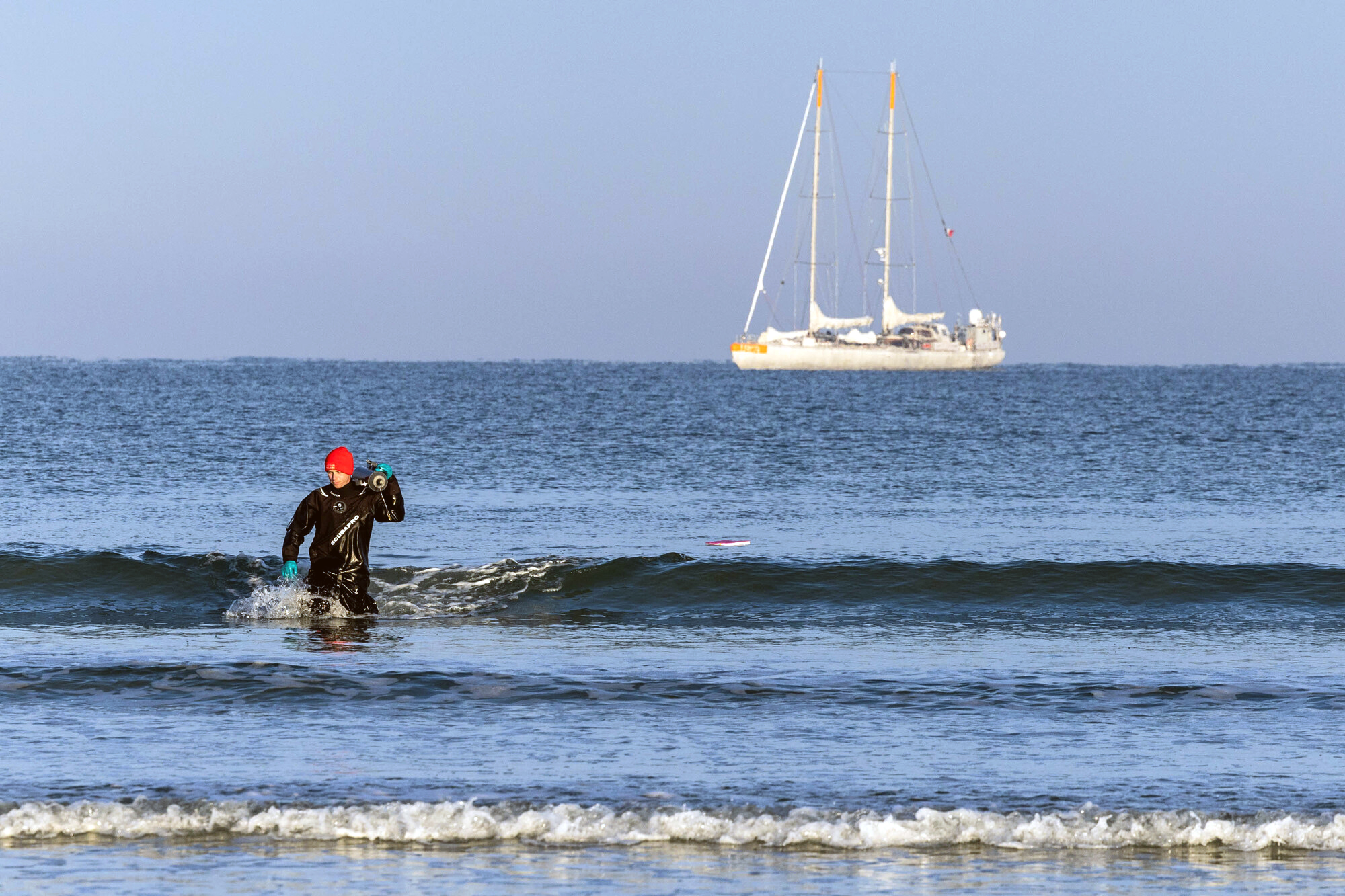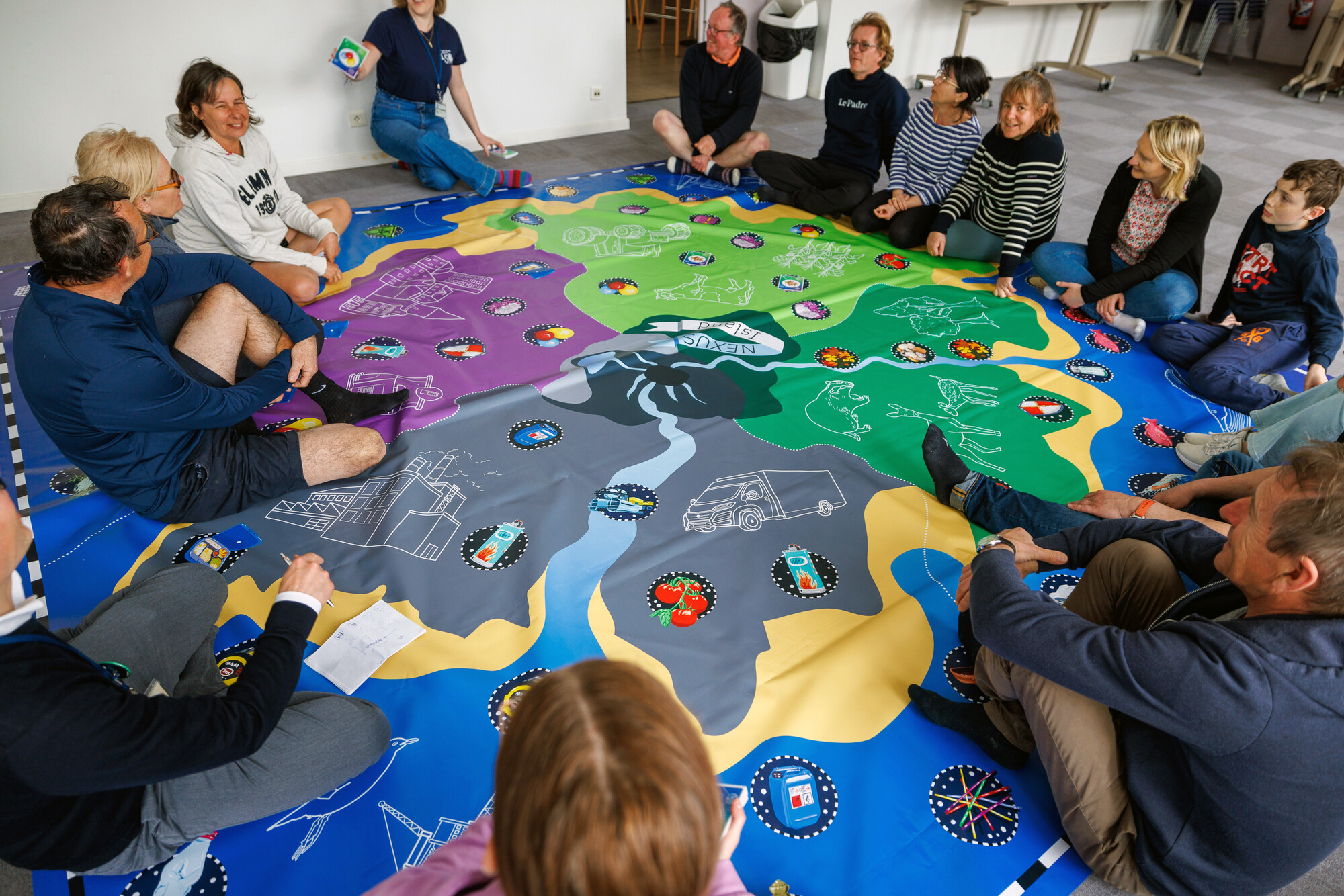-
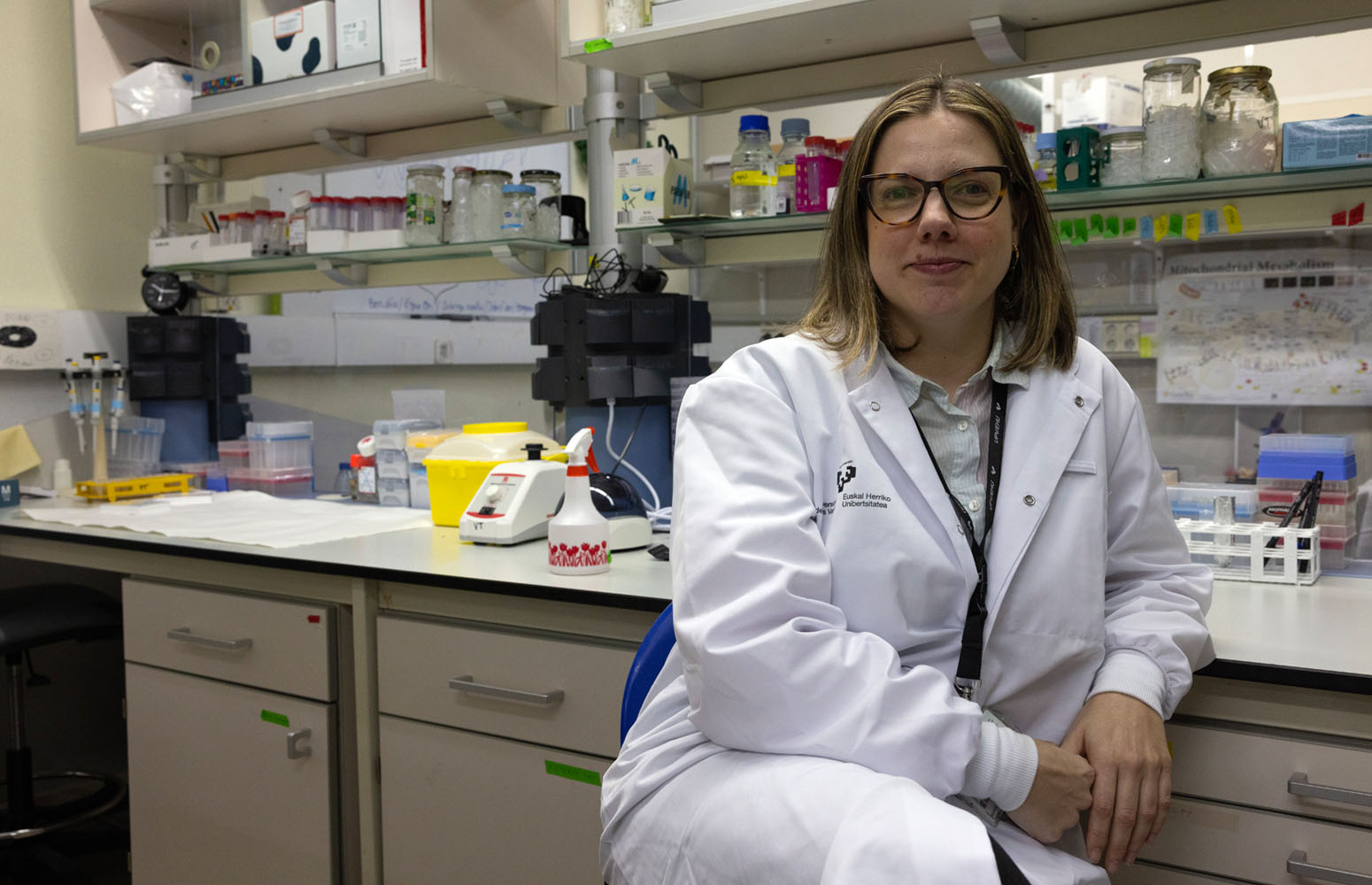
The UPV/EHU Ikerbasque research fellow Noemí Jiménez awarded a prestigious 1.2-million-dollar HFSP Research Grant
-

Colonoscopy and the faecal occult blood test are equivalent in detecting colorectal cancer
-
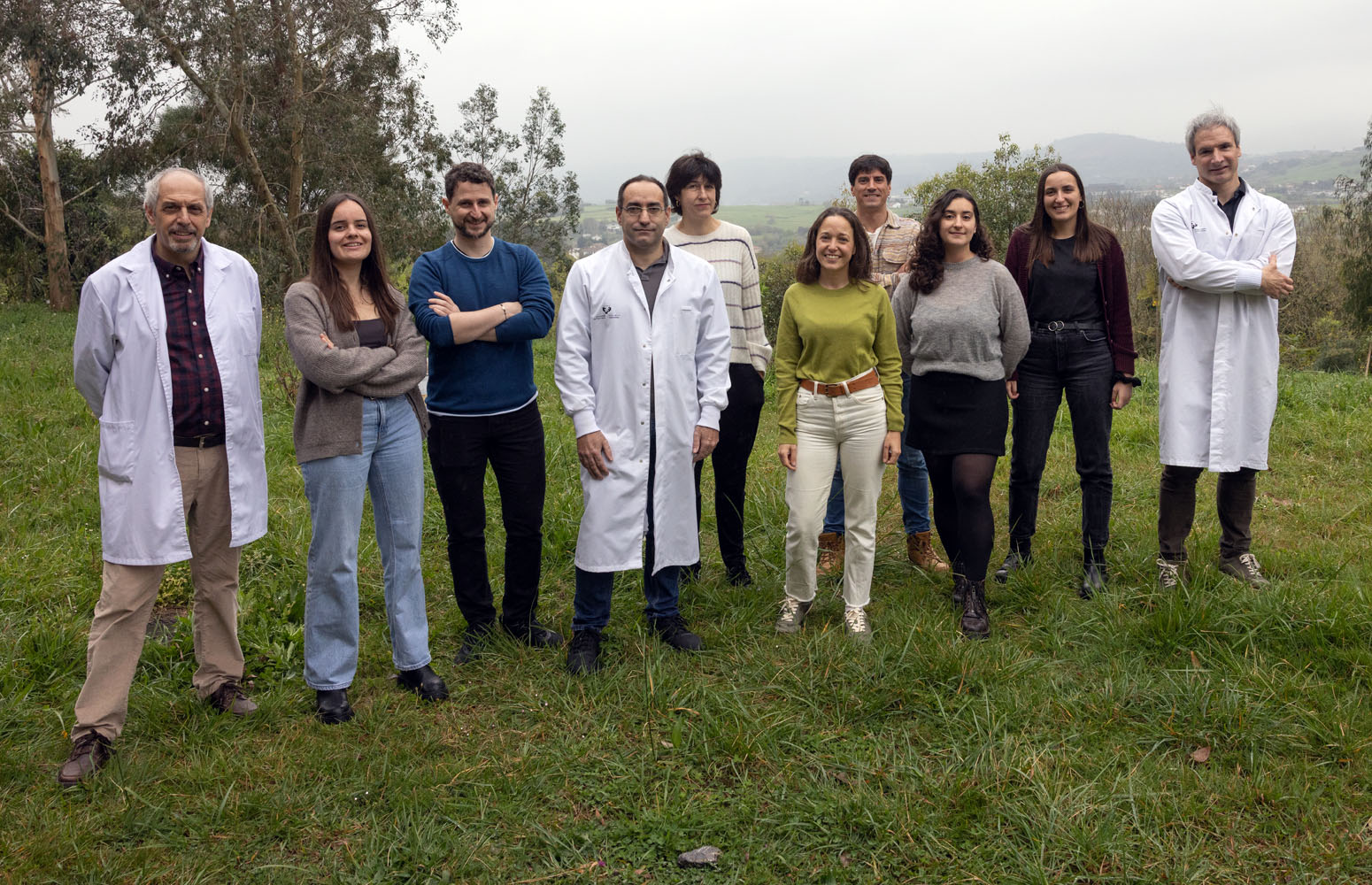
Cells very similar to neurons obtained from human dental stem cells
-
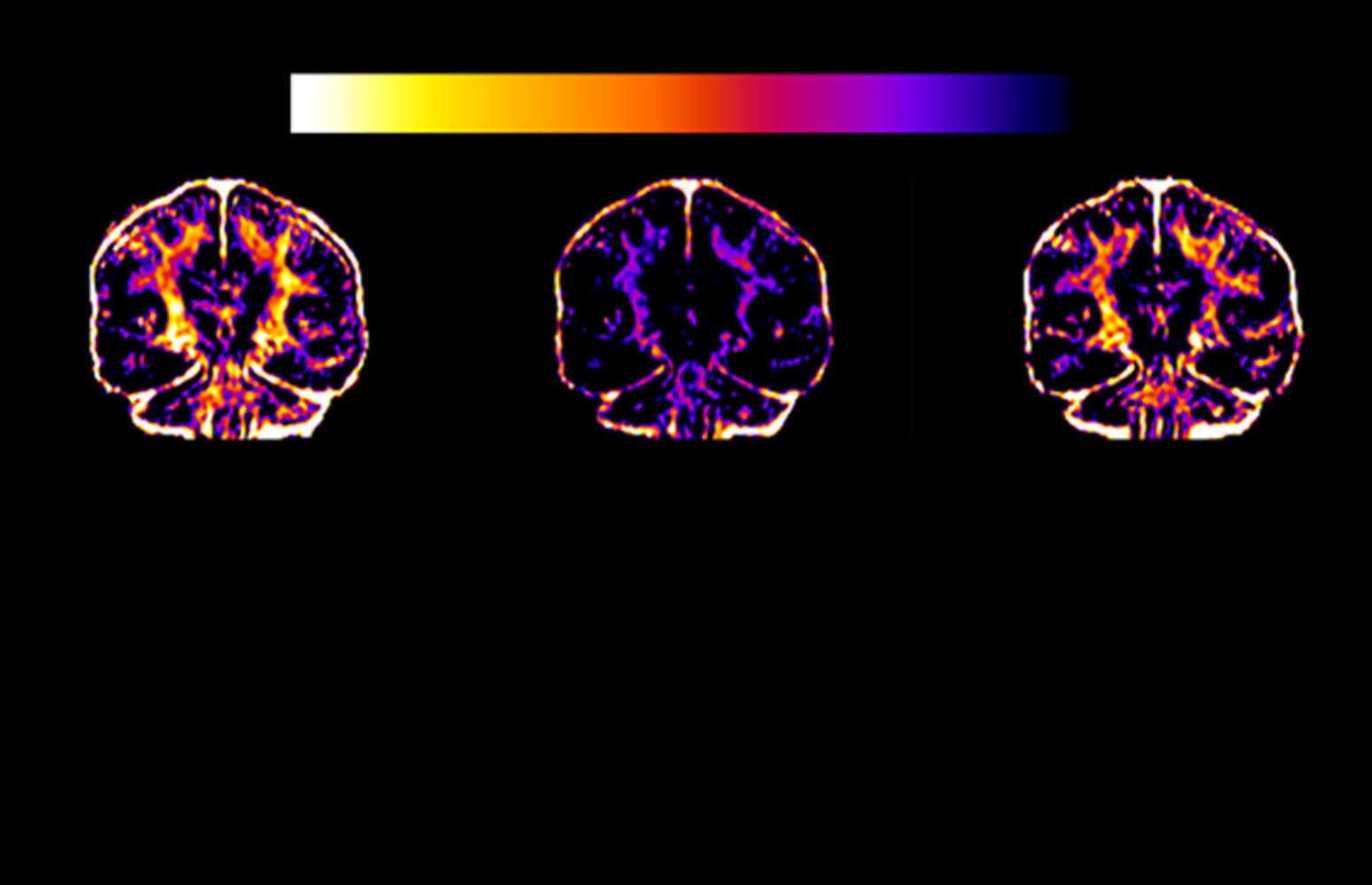
The brain resorts to myelin when other brain nutrients are depleted
-

System for calculating the impacts of emissions by large European industrial plants is published
Cutting-edge European scientific expedition TREC to explore Basque coastal ecosystems with support of UPV/EHU
Plentzia-Bilbao is one of the eight ports of call scheduled for intensive sampling and scientific dissemination involving EMBL mobile super labs plus the research schooner Tara
- News
First publication date: 11/07/2023
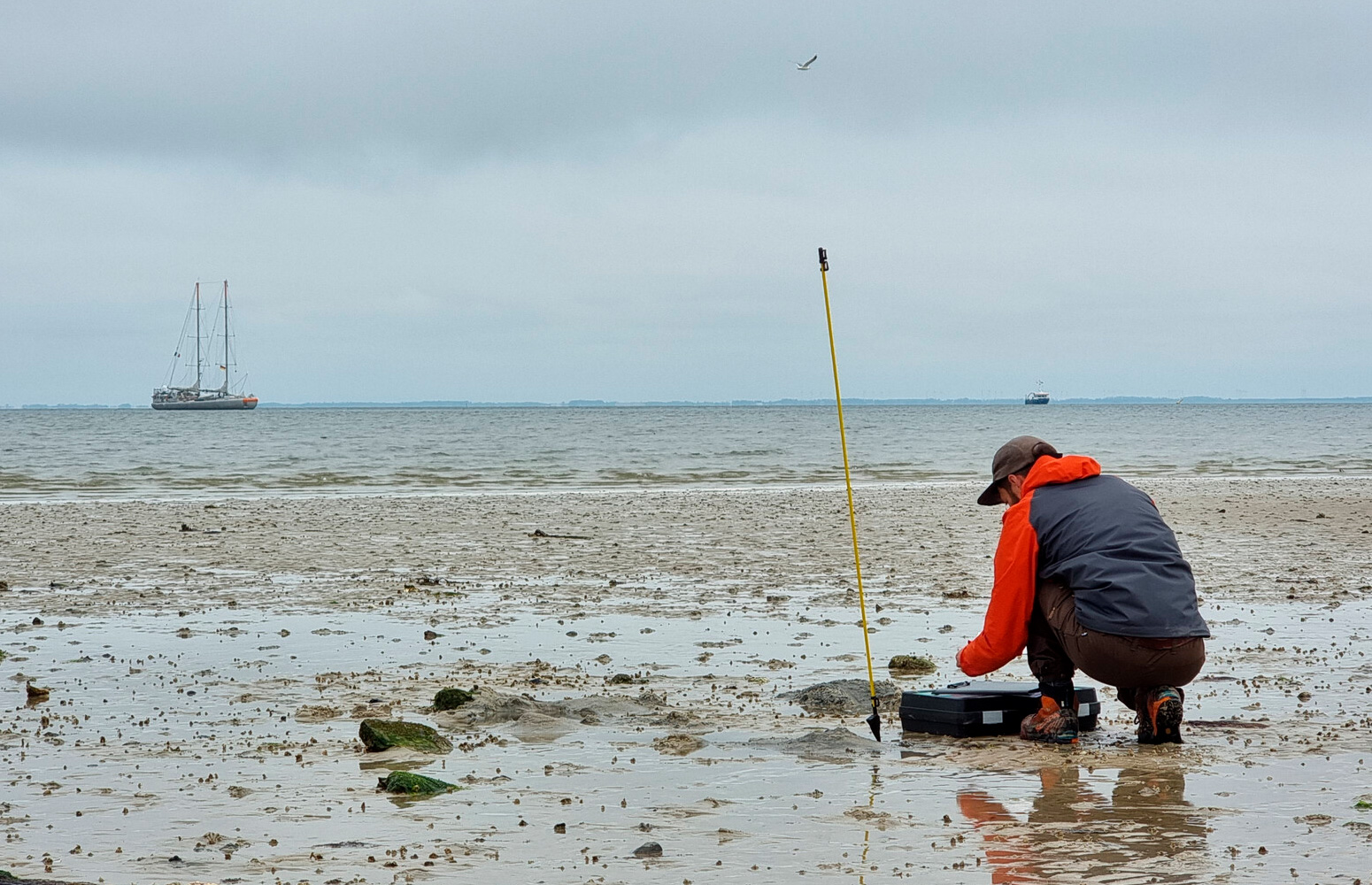
Between 13 September and 18 October the University of the Basque Country (UPV/EHU) will be hosting an expedition at the highest scientific level aligned with the challenges facing society and the goals of UNESCO's Decade of Ocean Sciences for Sustainable Development. TREC (Traversing European Coastlines) is a cutting-edge scientific and awareness-raising expedition coordinated by the European Molecular Biology Laboratory (EMBL) with the participation of the Tara Oceans Foundation and the European research infrastructure EMBRC-ERIC, of which the Plentzia Marine Station (PiE-UPV/EHU) is a member. The expedition set off in April and is scheduled to end in June 2024.
The TREC expedition combines oceanic exploration on board the scientific research schooner Tara with the work carried out for the first time in situ in the land-sea transition zone by the EMBL, an intergovernmental organisation of which Spain is a member. This is the first time in its 50 years of existence that the EMBL has taken its laboratories out to work directly in the field, with the support of marine research infrastructures such as the PiE-UPV/EHU.
The TREC expedition will be visiting 22 countries, with 46 stops, 120 sampling points in the land-sea transition zone, in addition to Tara's at-sea sampling. Only eight of these 46 stops have been selected as sites for intensive sampling and scientific dissemination. Through the PiE-UPV/EHU, Plentzia-Bilbao will not only be the first port of call on the TREC expedition's route around the Peninsula, but will also be one of the 'super-sites' for both activities.
More specifically, the EMBL will be deploying two mobile sets of equipment. One of them is an articulated lorry with an extendable trailer that will transport state-of-the-art advanced microscopy equipment to Plentzia-Gorliz. About 20 EMBL scientists will be working on it from 13 September to 11 October, collaborating with the PiE-UPV/EHU scientific staff and supporting the TREC field sampling.
On 4 October, seven days before the end of the stay, the PiE-UPV/EHU will receive the mobile sampling laboratories in the land-sea transition with additional research staff who will be taking samples in Muskiz and Urdaibai. These EMBL mobile laboratories have the equipment needed for the initial processing of the samples and acquisition of metadata in the field. After the intertidal sampling, the PiE-UPV/EHU laboratories will be functioning as the nerve centre for the final processing of the samples. Coinciding with this sampling, the vessel Tara, which has circumnavigated the globe several times in the last 20 years characterising planktonic biodiversity, will carry out its sampling in deeper waters off our coasts. When these activities are over, the vessel will be received in the Bilbao Abra bay by the UPV/EHU’s training vessel Saltillo, and will be moored opposite the Itsasmuseum in Bilbao from 11 to 18 October.
TREC will be analysing microscopic biodiversity (viruses, bacteria and other single-celled organisms), as well as that of various groups of algae and animals. Analysis using state-of-the-art methodologies will allow unprecedented information on the biodiversity of our oceans to be obtained and the first census of European coastal ecosystems to be completed.
“If we can understand how these ecosystems function and mutate, it will be possible to develop early diagnostic tools and solutions to reverse the detrimental changes that the future may bring. Each ml of seawater contains 10 million viral particles, 1 million bacteria and archaea and 1,000 fungi, microalgae and protozoa that compete with each other for space and food, establishing intimate relationships with each other, with their environment and with humans. A well-functioning ocean depends on diverse, abundant microbial communities. These microbes, both in the water column and on the benthic bottom, provide nutrients, eliminate waste, clean the water, are chemical engineers, weave the marine food web, and harbour genetic information that will make it possible to generate new biomolecules for industrial and medical applications,” explained Ibon Cancio, lecturer and researcher at the PiE-UPV/EHU and scientific director of EMBRC-ES, the largest European research infrastructure for the exploitation of marine biological resources. The TREC expedition has been drawn to our coasts by the various exploration initiatives carried out by the PiE, such as the 'One-Health' HOBE observatory in the Plentzia-Gorliz bay.
In addition to this scientific and exploratory side, the TREC expedition is keen to get the general public involved in environmental problems linked to planetary health. The public participation activities will include game-based workshops, a stand, scientific talks in various cities in our area and guided visits to the Tara vessel while it is moored off Bilbao, and to the EMBL mobile laboratories, as well as to the PiE-UPV/EHU itself.
The highlight of the visit to the Basque Country will be on 11 October, when the EMBL mobile laboratories coincide with the Tara vessel on the esplanade and quay opposite the Itsasmuseum in Bilbao, where they will be received by the institutional and academic authorities involved, together with local political and social authorities.


